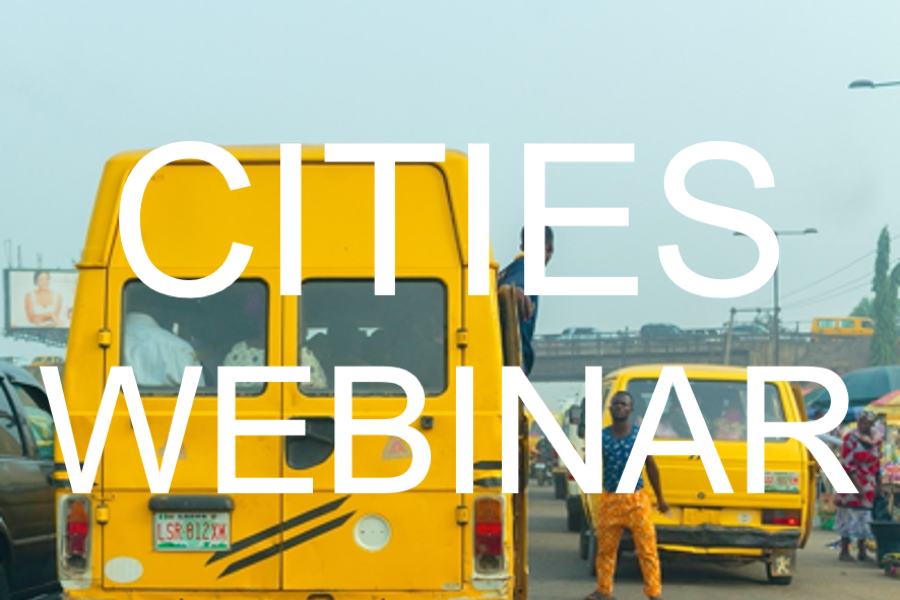Coline Ferrant, “Les contradictions de l’action publique sur le commerce alimentaire dans un quartier gentrifié de Paris”, Pôle Sud, 2021
14 February 2022
Eleonora Pasotti, « Resisting Redevelopment: Protest in Aspiring Global Cities », 10.03.22, 17h30-19h15
28 February 2022Franco Bonomi Bezzo, Laura Silva et Marteen van Ham, “The combined effect of Covid-19 and neighbourhood deprivation on two dimensions of subjective well-being: Empirical evidence from England”, PLoS ONE, 2021
Nous avons le plaisir de vous signaler la parution de l’article de Franco Bonomi Bezzo, Laura Silva et Marteen van Ham intitulé “The combined effect of Covid-19 and neighbourhood deprivation on two dimensions of subjective well-being: Empirical evidence from England” dans la revue PLoS ONE en juillet 2021.
Objectives
The Covid-19 pandemic is hitting societies hard, and people living in disadvantaged circumstances are among the most affected. We investigate the combined effects of the Covid-19 crisis and living in a deprived neighbourhood on two dimensions of subjective well-being: hedonic (i.e. mental health) and evaluative (i.e. life satisfaction) subjective well-being.
Methods
We use longitudinal data from the Understanding Society UK panel. We combine data gathered in the main survey between 2015 and 2019 with very recent data from the Covid-19 online survey between April and July 2020. Leveraging a sample of nearly 9,600 English individuals, we first run a set of cross-sectional OLS regressions to analyse changes over time in the relationship between neighbourhood deprivation and subjective well-being. Then, as our main model of interest, we use a fixed effect difference-in-differences model to provide more robust evidence.
Results
Since the beginning of the crisis, both levels of hedonic and evaluative well-being have decreased as a result of the pandemic and lockdown. However, for those living in more deprived neighbourhoods the level of hedonic well-being decreased more than for those living in better areas. We found no such difference for evaluative well-being.
Conclusion
Our results highlight the importance of reducing neighbourhood inequalities as the spatial clustering of disadvantages has increased by the pandemic.

